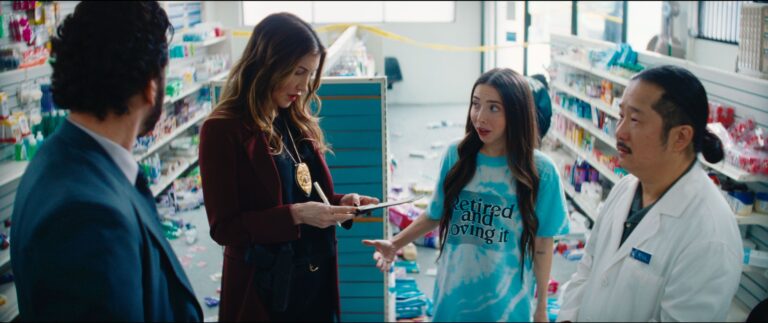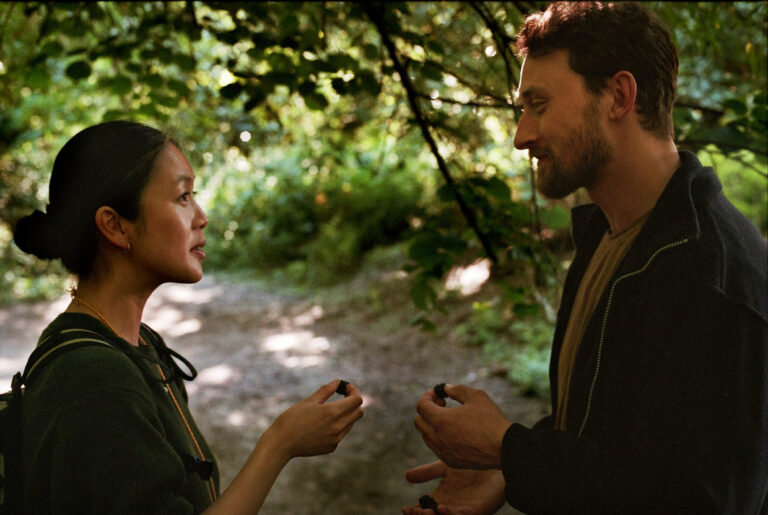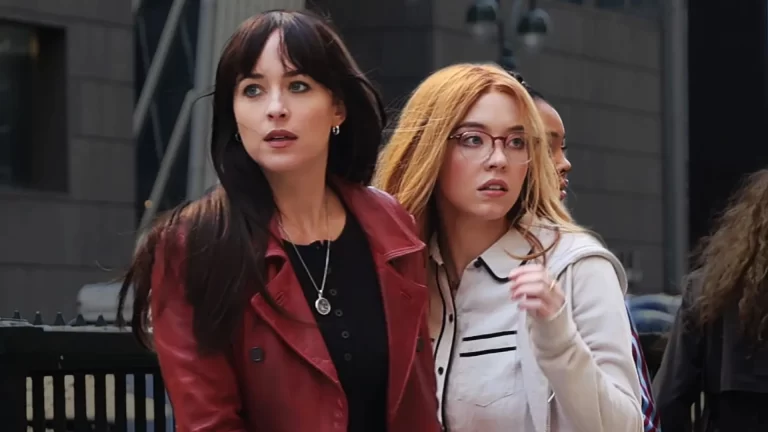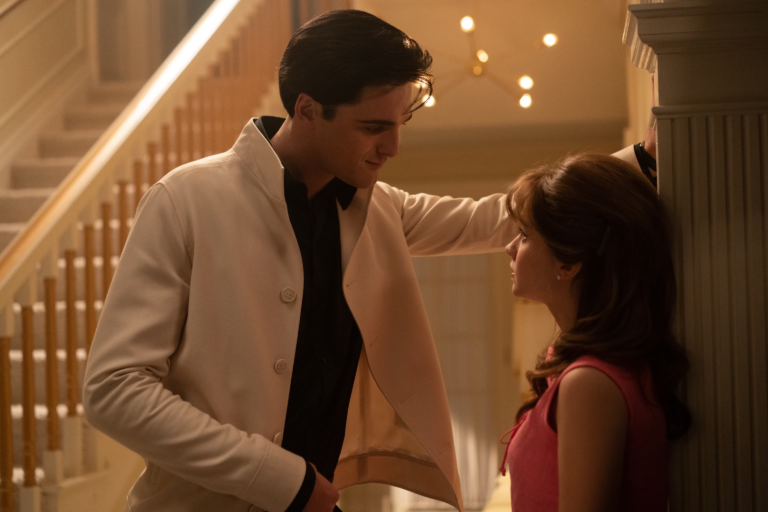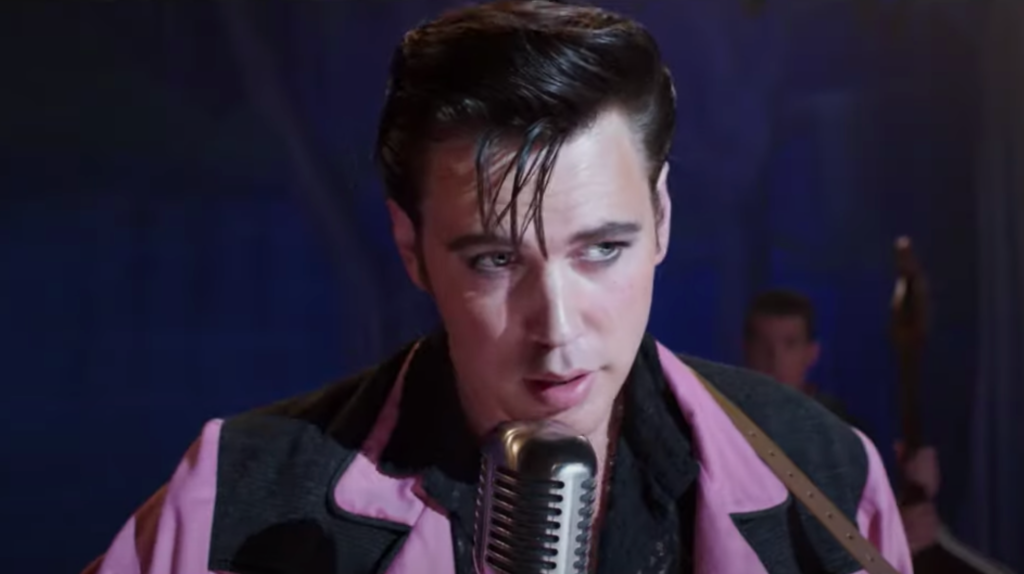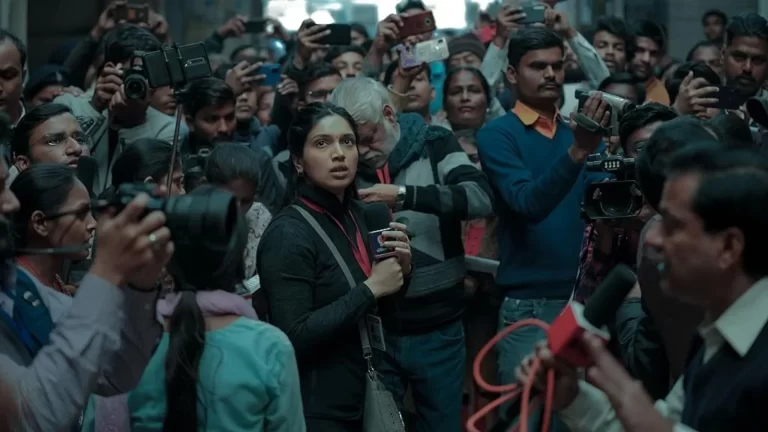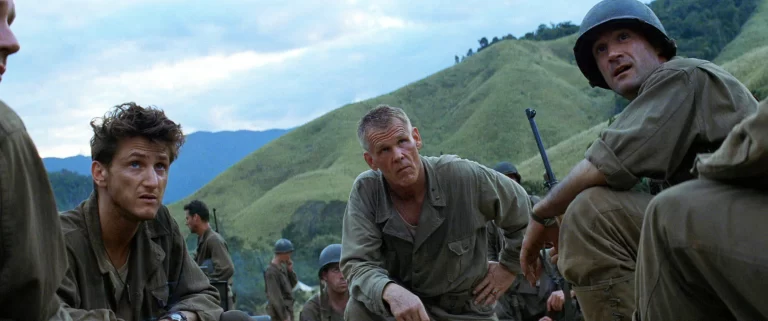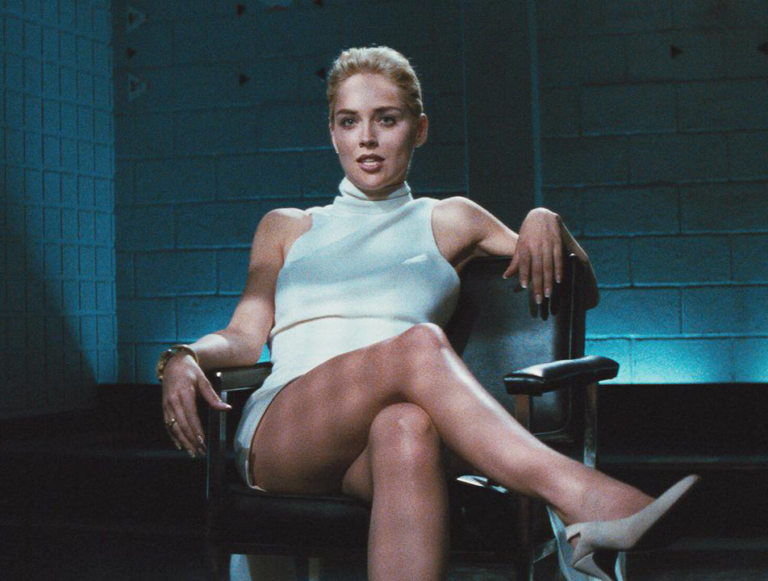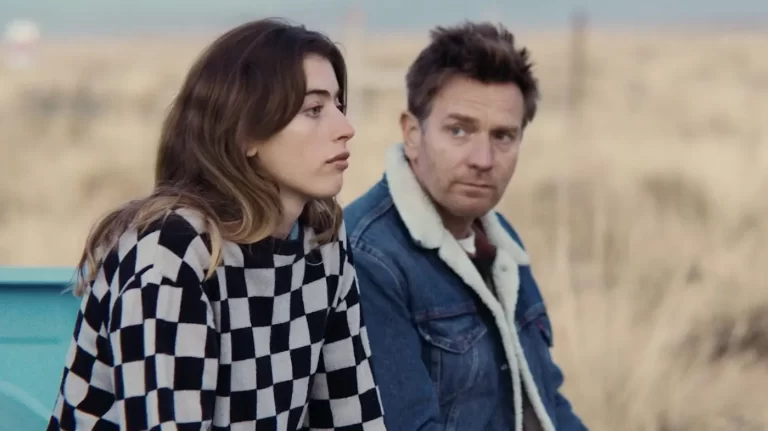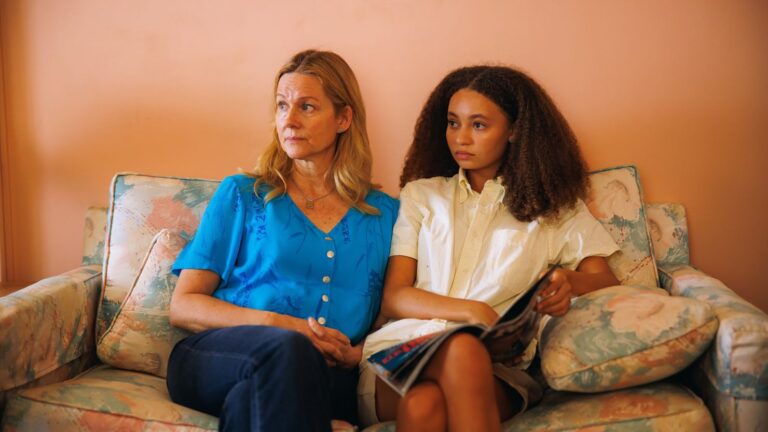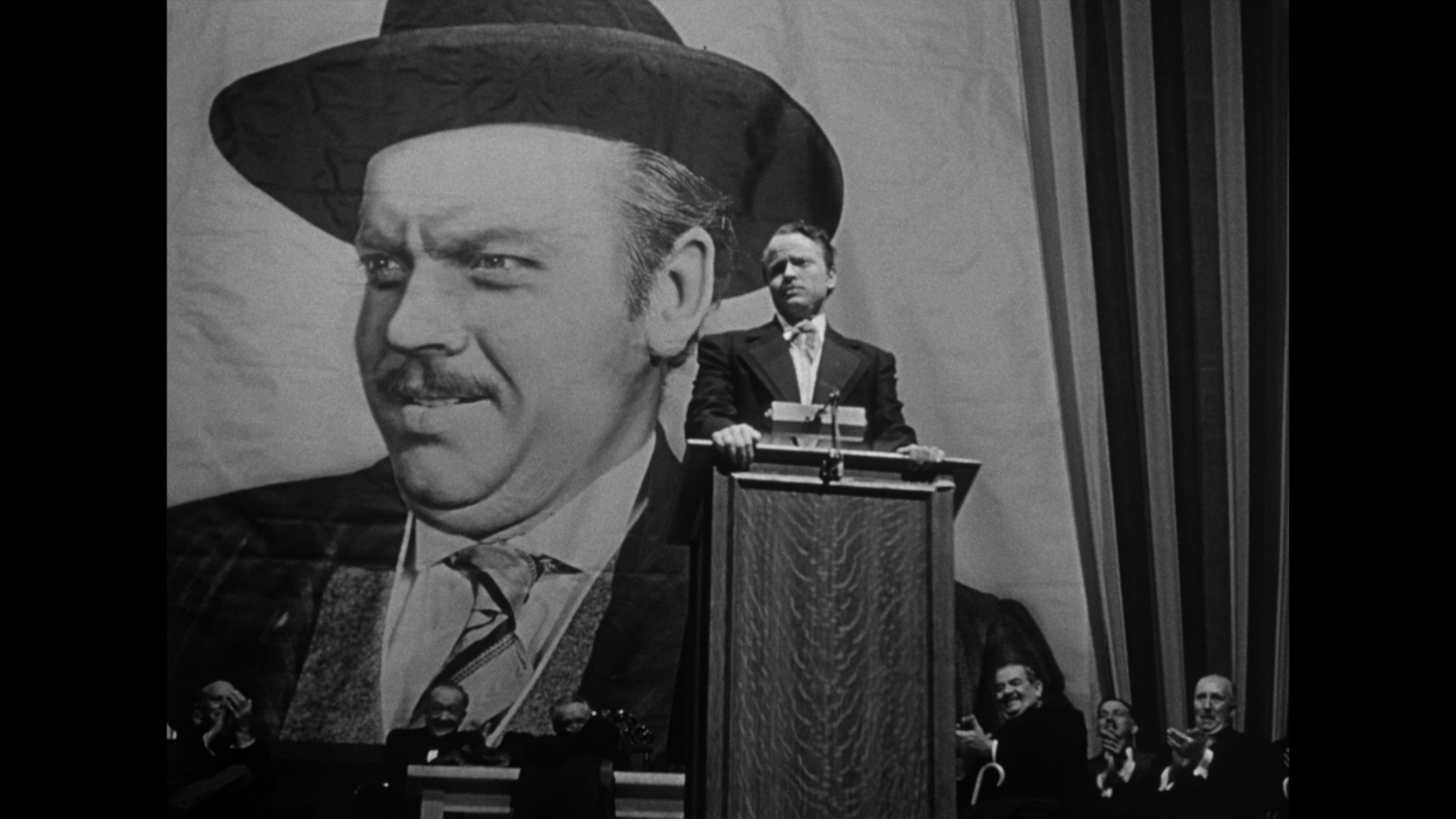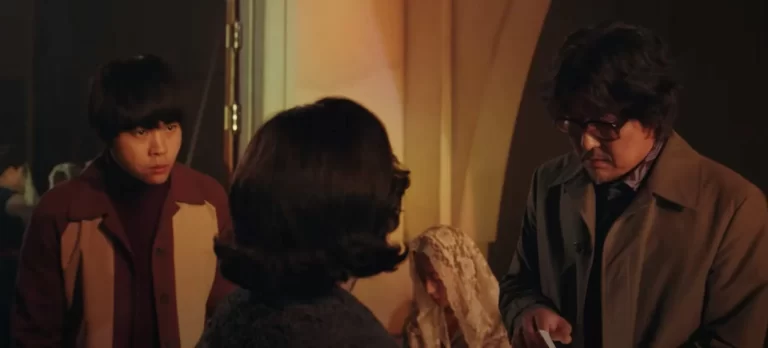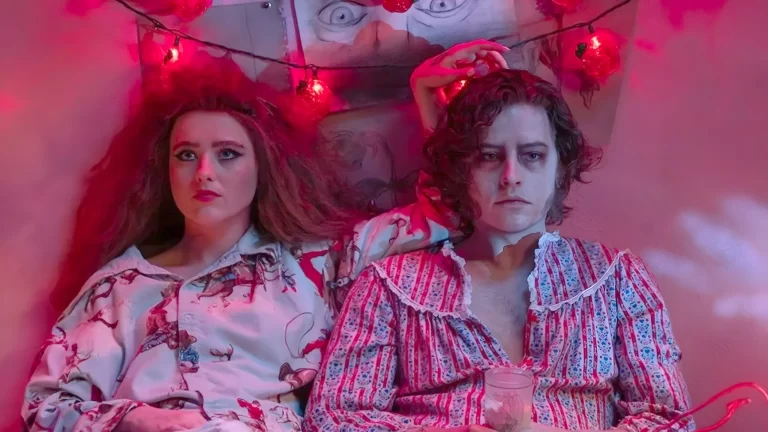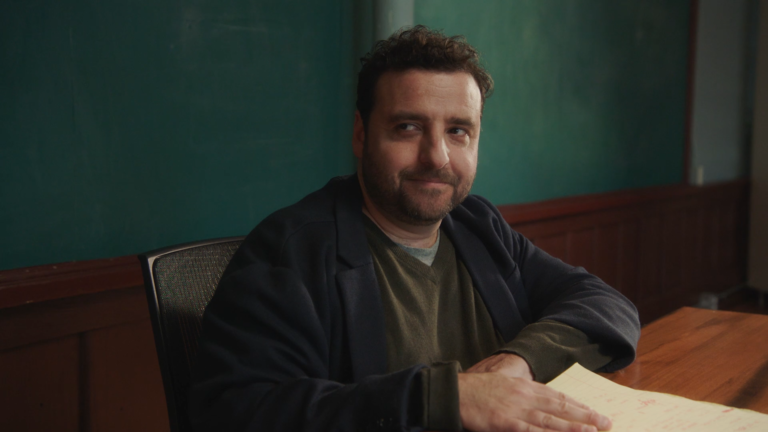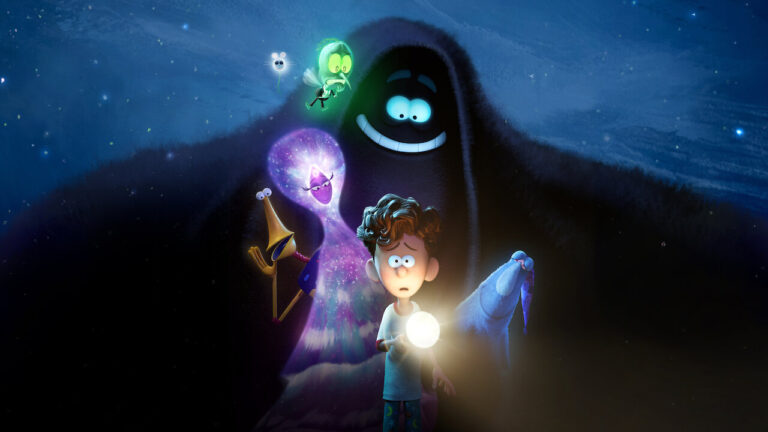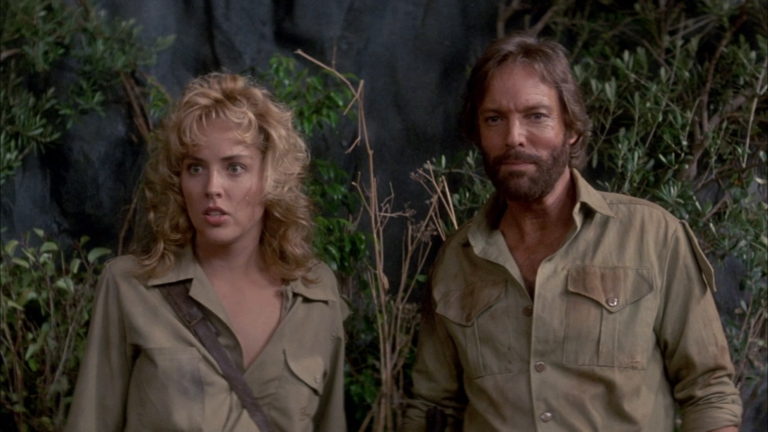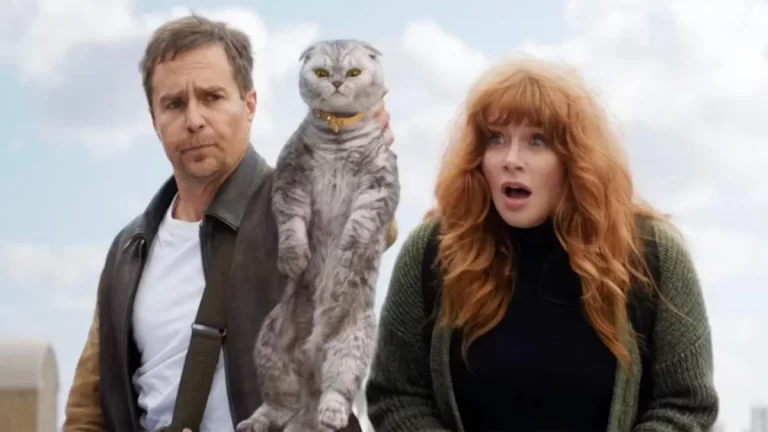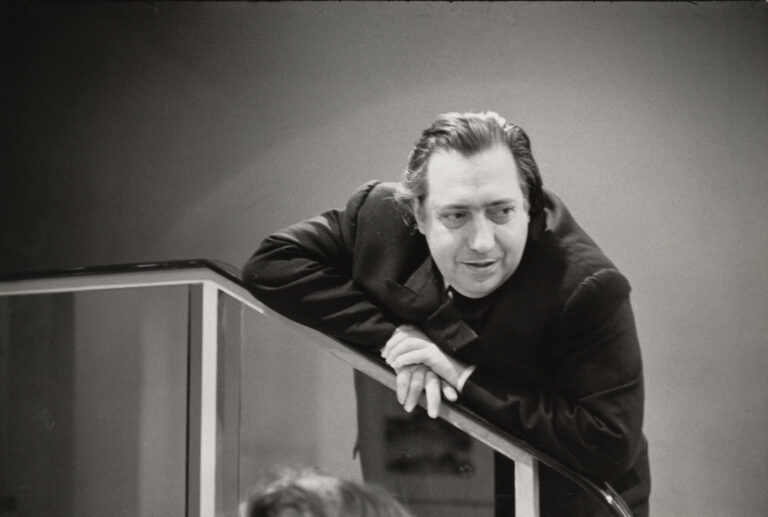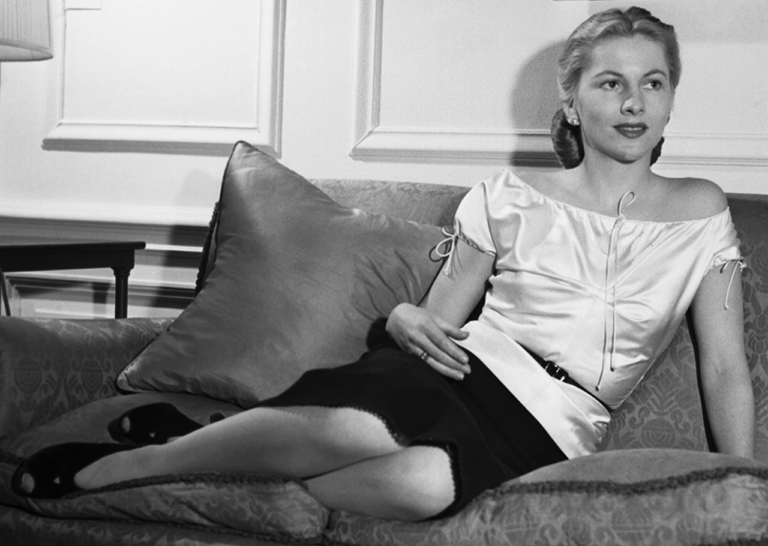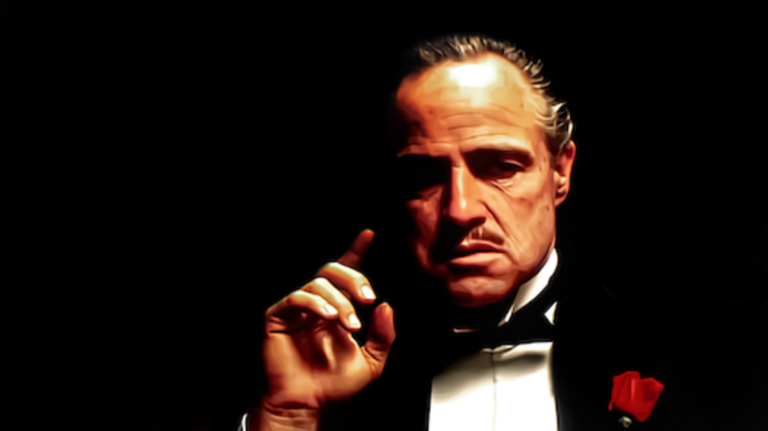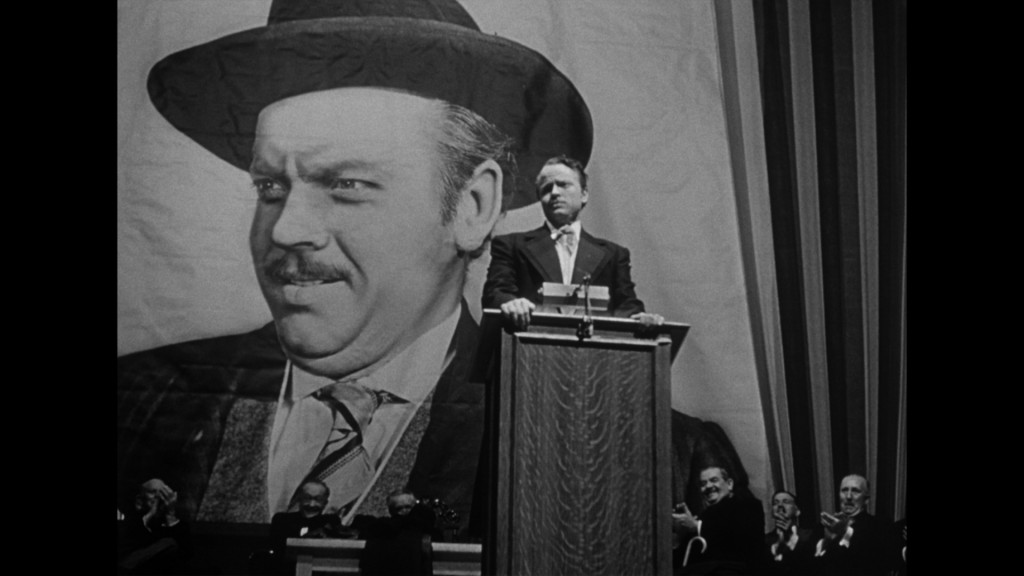Director: Nicholaus Goossen
Writers: Nicholaus Goossen, Esther Povitsky
Stars: Esther Povitsky, Bobby Lee, Beverly D’Angelo
Synopsis: Esther Povitsky stars as the titular June, a wannabe influencer juggling multiple issues: her parents pressuring her to move out, her ex-boyfriend accusing her of stalking, and two detectives who suspect she’s involved in the robbery of the local pharmacy.
It has been nearly two decades since Nicholaus Goossen directed the critically reviled, yet underground stoner favorite, Grandma’s Boy. The Happy Madison production may not have ignited the world, but it secured his place in Adam Sandler’s sphere of friends – not a bad place to be based on anecdotal stories. The intervening years have been devoted primarily to television, music videos, and stand-up specials, but Drugstore June marks his return to feature comedy directing. Together with Esther Povitsky, whose latest stand-up special he directed, the pair have created a comedy that feels spiritually in line with Happy Madison productions. The instinct to gather all of your funniest friends and put them into a movie is a good one, even if the final product may not showcase their true depth of talent. Drugstore June is far from a perfect comedy, but it teems with a creative energy that makes it a mostly enjoyable watch.
June (Povitsky) is a product of growing up with the internet. She is chronically online, attempting to build up a following that we can only assume is a pittance at most. She believes that people want to watch her from the moment she wakes up as she talks about her recurring dreams about her ex-boyfriend (a perfectly utilized Haley Joel Osment). She is completely wrapped up in her own experiences to the detriment of herself and those around her. Despite being confident enough to want to broadcast her entire life, she is also deeply insecure. She is constantly seeking validation from others and soliciting ways to improve herself. The latter is most hilariously demonstrated in what we gather is a frequent visit to the doctor (a cameo from Executive Producer Bill Burr) about constipation that turns into a consultation about plastic surgery.
Under different circumstances, June could very well be insufferable. Yet, thanks to the inherent charms of Esther Povitsky, she somehow always keeps the audience rooting for her emotional breakthrough. Povitsky has quietly been stealing the show for the past several years as sweet vessels of nervous energy in shows such as Crazy Ex-Girlfriend and Dollface. The character of June actually feels like an exaggerated version of her Alone Together character or her stand-up persona – themselves a heightened version of Povitsky herself. Beneath the cherubic facade lies the soul of a troll – absolutely meant as a term of endearment. June is the type of person who will go to great lengths to do nothing. She is the type of person who will weep over a freezer full of ice cream being melted over her place of employment being robbed. Somehow, she can even make stalking seem somewhat innocuous.
The film does have a firm plot in the aforementioned robbery of the pharmacy at which she works, as June is positioned as a suspect and takes it upon herself to investigate who actually committed the crime. This is merely a smokescreen for the character to cross paths with a cadre of amusing personalities. If you are a fan of the L.A. comedy scene or know the differences between the All Things Comedy, Earwolf, and Headgum podcasting networks; this is probably the movie for you. Jackie Sandler is a hilarious standout alongside Al Madrigal as the bewildered police detectives who cannot believe they are questioning a person with such little sense of self-preservation. Beloved comedians such as Nick Rutherford, Ms. Pat, and Jon Gabrus all make brief appearances, but they rarely land as big of a laugh as they do on stage. Surprisingly, it is rapper Bhad Bhabie (of “Cash me outside” fame) who lands some of the biggest laughs of the movie as a weed dispensary employee.
Among the untested bit performances that litter the film, it is almost comforting to have someone like Bobby Lee (Mad TV) anchoring the story in a more substantial way as June’s very forgiving boss. Lee has a past of outrageous antics in real life, but the gentle approach he brings to this character is refreshing and aids somewhat in June realizing her potential. Beverly D’Angelo (the Vacation franchise) and James Remar (Dexter) lend some gravitas as June’s parents, who, as June says herself, have set a very confusing example for how she approaches life and relationships. The evolution of her relationship with her family, including her brother in an uproarious turn from Brandon Wardell (I Think You Should Leave with Tim Robinson), is the complementary piece of the puzzle alongside her learned experiences that push the movie towards some sort of thematic excavation. For as unserious as the movie is for most of the runtime, it does have a heart.
Drugstore June is a somewhat frustrating experience. For as passingly enjoyable as the film is, it should be so much better considering the talent at its disposal. There are enough laughs to make it worthy of your time, but not so much that you will be dying to recommend or revisit it anytime soon. If you have no preexisting affection for any of the talent involved, you will likely be in even more dire straits. Nicholaus Goossen and Esther Povitsky have created a story that is comforting in its familiarity yet, like its main character, not ambitious enough to push the genre forward. It is a fine effort from everyone involved, but coasting on charisma will not work in future efforts.



